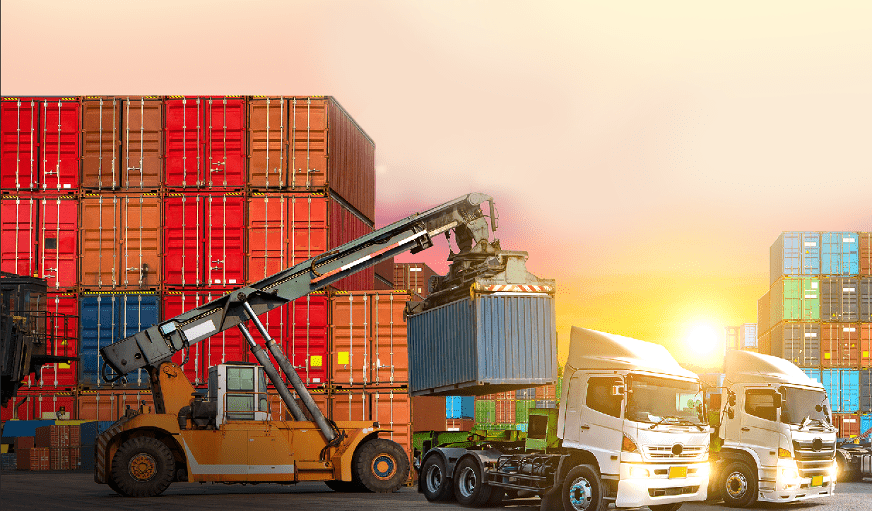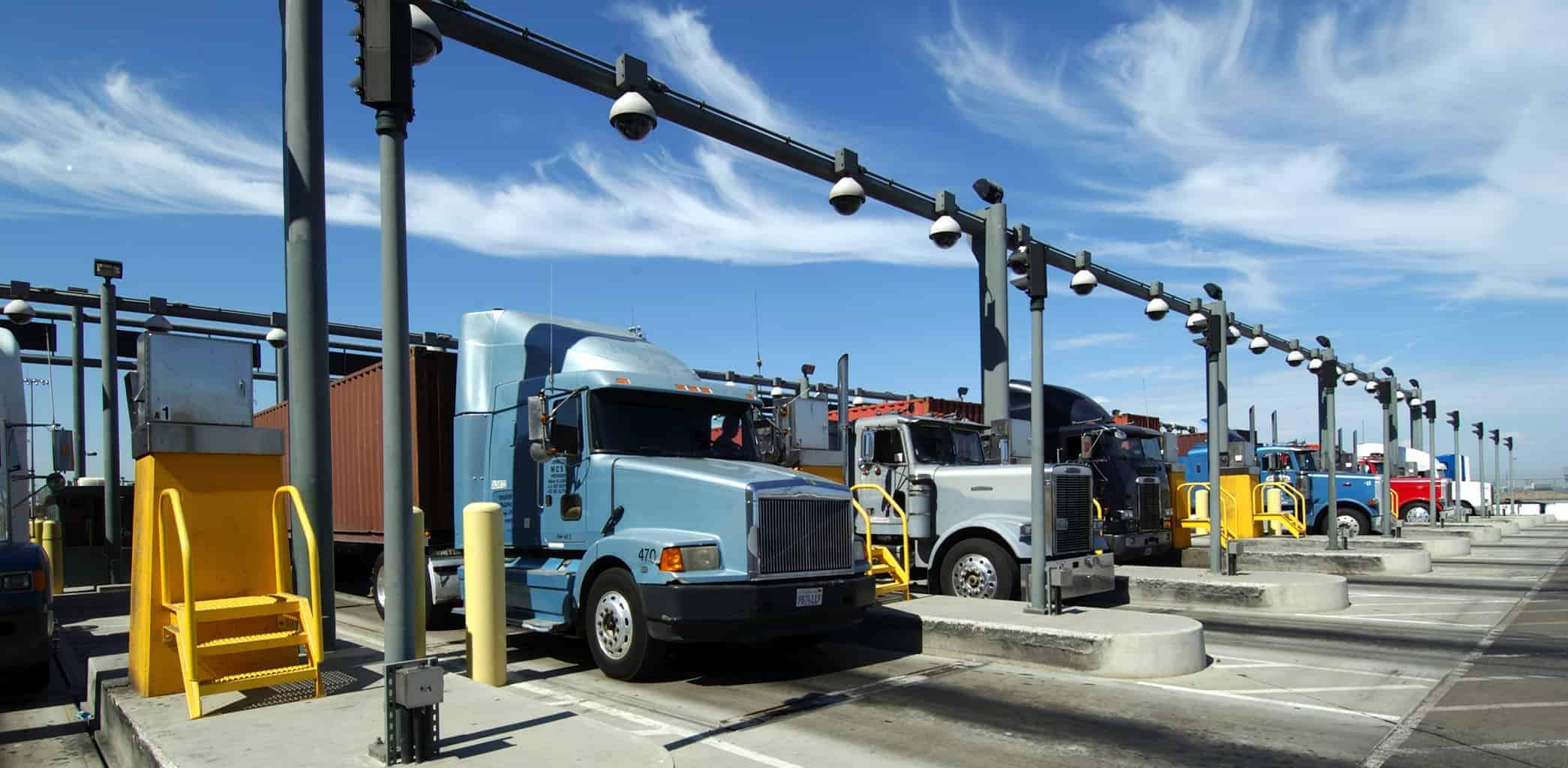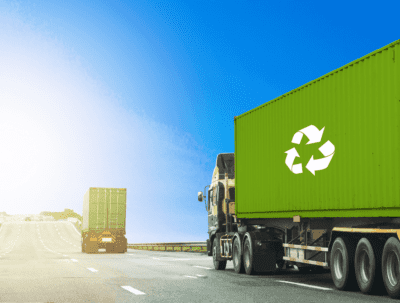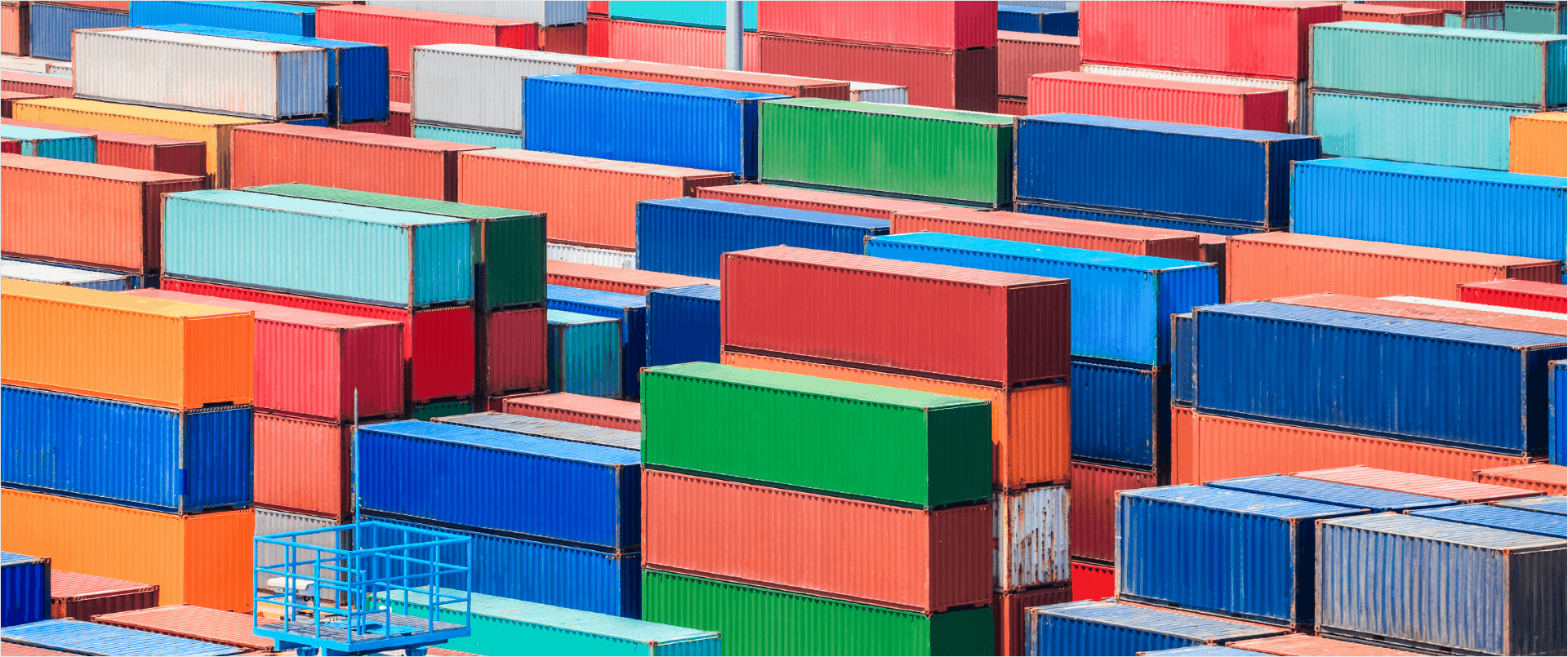Here we are at the start of a new year and it’s always a good time for reflection and to set new goals. There is no doubt the last two years have arguably been the most challenging years we’ve ever seen and although we still have some challenges ahead of us, I’m optimistic that 2022 will be a better year for our industry and our customers. Here at MatchBox Exchange (MB), we believe the role we play within our industry is not only to provide innovative digital solutions for the container logistics industry, but to also help the industry adopt new thinking and new operating models that will deliver a better, faster, and smarter transport network. Offering smart digital products and services is one part of the solution but without adopting the right mindset it’s very likely you will not fully exploit the benefits these tools can offer your business. We call this mindset “THE MATCHBOX EXCHANGE MINDSET.” So, what is it exactly? Well before I get into explaining what it is, let me paint a picture of the current challenges faced by our industry and how adopting the MatchBox Exchange mindset can help. Today the container logistics industry is facing major challenges…
How to avoid the challenges and restrictions with Appointment Systems at depots, the solution is only a few clicks away!
Picture this: As a trucker, you need to return an empty container to the depot by 10am, however the only available appointment time is 2pm. Your truck has to reach the neighbouring port terminal on time to pick up another import to make the next customer delivery and a 4-hour delay is an inconvenience. In pressing situations like these, you can either send an extra truck to collect the empty container or offload the container at your trucking yard. But is there a better option at your disposal? Simple reuse or exchange would be an effective way to avoid such a problem. It is possible on MatchBox Exchange (MB), the world’s first open-market platform that allows trucking companies to reuse their empty containers or exchange them with other parties on the land-side. A reliable and secure solution, MatchBox Exchange helps trucking companies avoid the appointment system altogether as it eliminates the need to transit through empty container parks. Now, drivers can follow a schedule and reach more customers by using MB’s 24×7 Instant Approval feature to set up bookings throughout the day. Adopting the MatchBox Exchange advantage saves costs and time, improves productivity and brings more value to transport companies across markets. Moreover, fleet utilisation and operational…
Why is supply chain sustainability important?
The importance of sustainability in the supply chain moves beyond going green. A supply chain built on a sustainable platform creates more partnership opportunities because environmental responsibility is crucial for any industry today. Practising eco-awareness in every aspect of the business not only improves its reputation but further legitimises the organisation. At MatchBox Exchange, we recognise the value of sustainability and work towards building a better future for transport companies across the globe. Here’s how MatchBox Exchange makes the supply chain more sustainable MatchBox Exchange (MB) is a prime example of sustainability at work. It is the world’s first ‘open-market’ platform for the reuse and exchange of shipping containers between landside logistics companies. The platform works by matching parties with empty containers to those who need them. In a few simple steps, MatchBox Exchange solves the existing problem in the supply chain. For a long time, containerised trucks needed to drive through container parks. Empty Container Parks cost the industry both time and money for handling and storing empty containers. But with its 24×7 Instant Approval feature, MatchBox Exchange allows truckers to bypass the depot altogether and reuse or exchange their container anytime, anywhere. Now, transport companies can: (a.) Reduce excess carbon emissions that they…
Steer clear of depot congestion this holiday season with MatchBox Exchange
Industry experts anticipate heavy congestion at depots pre-holiday season, continuing through Christmas and into early 2022. The build-up of empty container stock is expected to reach critical levels making it difficult for supply chains to run efficiently during peak periods. In addition to transport costs, tolls, penalties, and waiting time, a sudden hike in demand-surge, and booking fees could overwhelm shippers and logistic interfaces on the land-side. With empty container parks running at full capacity, a spillover is certain. This would make needless truck trips to distant depots necessary, raising operational costs and hampering productivity. Transport operators are charged a notification fee each time they return or collect an empty container. Despite drivers stuck in traffic jams for long hours, missing time slots, this fee has seen a constant increase. Quarantine combined with peak seasons leaves logistics service providers with few alternatives as they can hit targeted departure dates only when they book well in advance — roughly 4 to 6 weeks prior. They are charged a fee on demand-surge, even as carriers limit intermodal bookings. The burden of these mounting costs often falls on them as forwarders and importers believe it is their job to avoid detentions while completing…
How to avoid depots and detentions in peak seasons
A strain on shipping capacity is adversely affecting the availability of containers, leading to longer delays, and an unprecedented rise in ocean freight rates. One of the most detrimental consequences of this squeeze is a potential surge in container detention costs each time containers aren’t returned empty in time under shipping lines’ terms and conditions. Industry analysts expect these challenges to grow in peak seasons and continue through 2021 and 2022. As we approach the peak season, booking needs to return empties are exceeding capacity. Suitable appointments become difficult because depots can only process a certain number of trucks per hour. Despite an increase in demand, transport operators cannot meet the required supply. Congestion and long queues at Empty Container Parks (ECP) force them to hold containers until they are scheduled for another appointment, often resulting in added handling and increased exposure to detention. Most shipping lines include weekends in detention free-days’ calculations, so the pressure on transport companies increases towards the end of theweek as they struggle to return containers by COB Friday knowing if they do not, detention charges will be incurred. Many trucking companies seek two days’ notice from importers to ensure the timely availability of empty containers…
A Strategic Review of Empty Container Management at Melbourne’s Port with our Founder as Guest Panellist
Managing empties has become a complicated and increasingly expensive business in Australia. Like most tasks in the supply chain cycle, it involves physical movement, commercial agreements and a series of transactions between different players, including shipping lines, freight forwarders, cargo owners, transport operators, and storage facilities. With this in mind, CTAA, in collaboration with the Victorian Government, hosted a webinar earlier this week where leading industry experts expressed their opinion and suggested new approaches for lasting solutions. As Australian ports handle over 8 million containers every year and support trade worth millions of dollars, empty container management is a vital function of an efficient and effective port. Issues with empty containers have broader supply chain impacts. Vulnerabilities including a mismatch in operating hours across the empty container supply chain mean squeezing larger numbers of container movement in shorter windows of time, inhibiting the existing storage capacity. Insufficient and inconsistent provisions of electronic data in the Empty Container Parks’ booking system and last-minute redirections also create additional administrative and operational costs to transport operators. But, behavioural practices on their part such as, arriving or scheduling appointments immediately before use, exhaust the ECPs causing delays and congestion. The Strategic Review Report launched…






